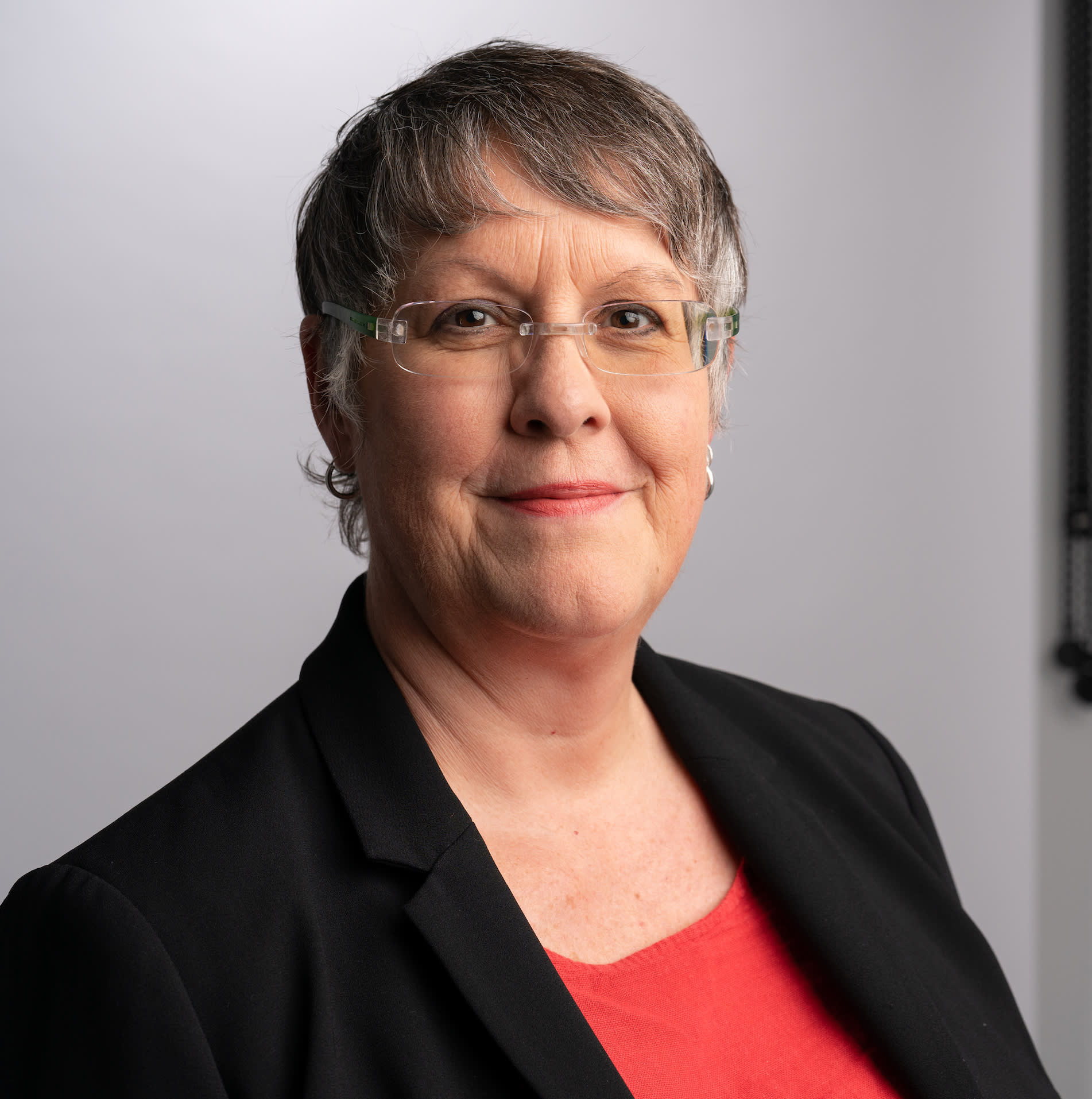Q: What is the National Bank of Rwanda doing to increase women’s financial inclusion?
A: Our mandate is monetary policy and financial stability, but we expanded it to include consumer protection, financial sector development and financial inclusion. We could see that if we didn’t focus on financial inclusion, or it was seen as a component of the financial stability function, then it wouldn’t be given the priority it deserves.
Rwanda has been conducting financial inclusion surveys with not-for-profit Access to Finance Rwanda since 2008, when only 21% of adult Rwandans had access to formal financial services. It is now 77% thanks to mobile money services, but the gender gap of 7% (74% of women have access to formal financial services versus 81% of men) is still a little above the sub-Saharan Africa average.
We want to have equal access by 2027. Importantly, the country’s first-ever financial services consumer protection law, enacted in 2021, included a clause prohibiting discrimination by gender in accessing finance. We also have a new financial inclusion strategy in the pipeline, aiming for launch in July. It will include a target of 100% financial inclusion, including access through informal financial services, such as savings groups.
To achieve that, we are developing gender-inclusive financial policies, creating guidelines for banks and microfinance organisations to help design products that address women’s needs, and continuing supply side financial inclusion data collection and analysis — especially gender-disaggregated data, which we have been collecting since 2016. The data has allowed us to examine which banks are increasing women’s access to financial services, as well as engage with institutions that have low gender diversity in their customer base.
More on financial inclusion
Financial literacy is another area. We participated in the Women’s World Banking Leadership and Diversity Programme for Regulators, where we developed policy initiatives to strengthen women’s access to mobile money services. Research showed that while 84% of women have access to mobile phone, only 55% of those women have a mobile money account.
While the main reason indicated by survey respondents is that they don’t understand what mobile money is and how to access it, we also found cultural barriers: for example, a husband will open an account and prevent his wife from opening one. Even if the woman is the breadwinner, the salary goes to the man.
One policy initiative is looking at ways to empower women and educate them on digital financial services. We are working with a network of stakeholders, including telecom companies, to provide data and jointly launch awareness campaigns and content for women, as well as address any trust issues they have.
We started in two districts in Rwanda with the highest rate of financial exclusion: Nyaruguru in Southern Province and Nyamasheke in Western Province. In the next four years, we’re looking to roll out the training programmes across all rural areas and onboard 340,000 women to mobile money services.
Q: What are the biggest barriers to financial inclusion for women in Rwanda?
A: The first, which may seem obvious, is financial education. But we can’t provide financial education without basic education — the latest national census indicated that up to 22% of Rwandan adults have not attended school. As such, we realised that basic education is the first step before financial and digital literacy.
The second barrier is the gendered social norms that affect women entrepreneurs. It is a struggle to convince others, be it their husbands or community, that they need to start their own business and not spend more time in the home. According to a recent survey on gendered social norms, 71% of Rwandans in rural areas think that women shouldn’t start their own business if they have children.
male bankers are reluctant to even listen to a woman who is applying for a loan
This impacts bankers’ perspectives too: male bankers, in particular, are reluctant to even listen to a woman who is applying for a loan. While Rwanda has made tremendous leaps in terms of women in leadership positions and political participation, economic empowerment is where we need to make more progress.
Q: Is there anything that the commercial banks should be doing or doing more of?
A: The banks that are most innovative around women’s financial inclusion tend to be those run by women. We have now six women CEOs in our banking sector, out of 15 banks, and they have launched deliberate strategies to increase gender diversity in the banking sector. It’s important, too, that women see other women serving them financially.
But there needs to be a mindset change at many banks. For example, when a married woman wants to take out a loan, the first question they are asked is, ‘Is your husband aware?’ A man is never asked such a question. So, the mindset that a woman needs permission to access finance needs to change; a female client should be viewed the same as a male client. Commercial banks need to look at their corporate culture and educate their staff.













